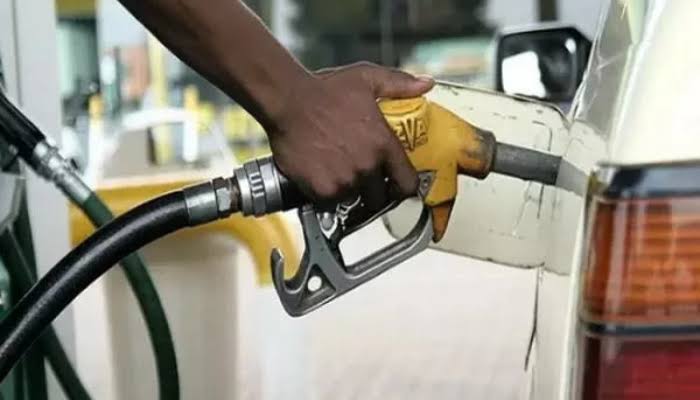
Nigeria’s petrol import bill dropped sharply in the first quarter of 2025, falling to N1.76 trillion from N3.81 trillion in the same period of 2024, a year-on-year decline of over N2 trillion or 54 per cent, according to the latest foreign trade report by the National Bureau of Statistics (NBS).
Compared to the fourth quarter of 2024, which recorded N3.3 trillion in petrol imports, the Q1 2025 figure represents a 47 per cent decrease. This significant reduction has been largely credited to increased domestic refining, particularly from the Dangote Petroleum Refinery, which is steadily ramping up production and displacing foreign suppliers.
Historically, Nigeria’s petrol imports had been on a steady rise—jumping from N732 billion in Q1 2020 to N1.29 trillion in Q1 2021, and further to N2.69 trillion in Q1 2022. After a slight dip to N2.03 trillion in Q1 2023, imports peaked at N3.81 trillion in Q1 2024. The sharp reversal in 2025 to N1.76 trillion signals a possible structural shift toward self-sufficiency in refined fuel supply.
Despite these gains, Nigeria continues to rely on regional trade to meet demand. Petrol remained the country’s most imported product from ECOWAS nations in Q1 2025, accounting for N89.18 billion—44.51 per cent of total imports from the bloc. It also made up 41.86 per cent of Nigeria’s total imports from West Africa and 11.63 per cent of imports from the African continent.
Other key petroleum imports from ECOWAS during the period included gas oil (N23.15 billion) and petroleum bitumen (N20.58 billion), underscoring the continued importance of the sector in Nigeria’s trade profile.
Nationwide, petrol ranked among the top five most imported commodities, alongside gas oil, crude petroleum oils, cane sugar for refining, and durum wheat.
The NBS report read, “The most traded commodities imported during the quarter were, Gas oil, Motor spirit ordinary, Petroleum oils and oils obtained from bituminous minerals, crude, Cane sugar meant for sugar refinery, and Durum wheat (Not in seeds).”
The downward trend in petrol imports aligns with the rising output of the Dangote Petroleum Refinery, which is currently operating at approximately 85 per cent of its 650,000 barrels per day capacity.
Since commencing operations, the refinery has introduced greater competition into the downstream sector, contributing to a drop in petrol retail prices in Lagos to as low as N860 per litre in early 2025.
Nonetheless, the facility encountered initial operational hurdles. In March, Dangote Refinery temporarily halted sales in naira due to challenges in accessing foreign exchange. Although the refinery purchases crude oil in U.S. dollars, it was receiving payments in the local currency.
The Federal Government has since intervened to address the naira-for-crude exchange issue, enabling the refinery to resume operations and further reduce the country’s dependence on imported petrol.








